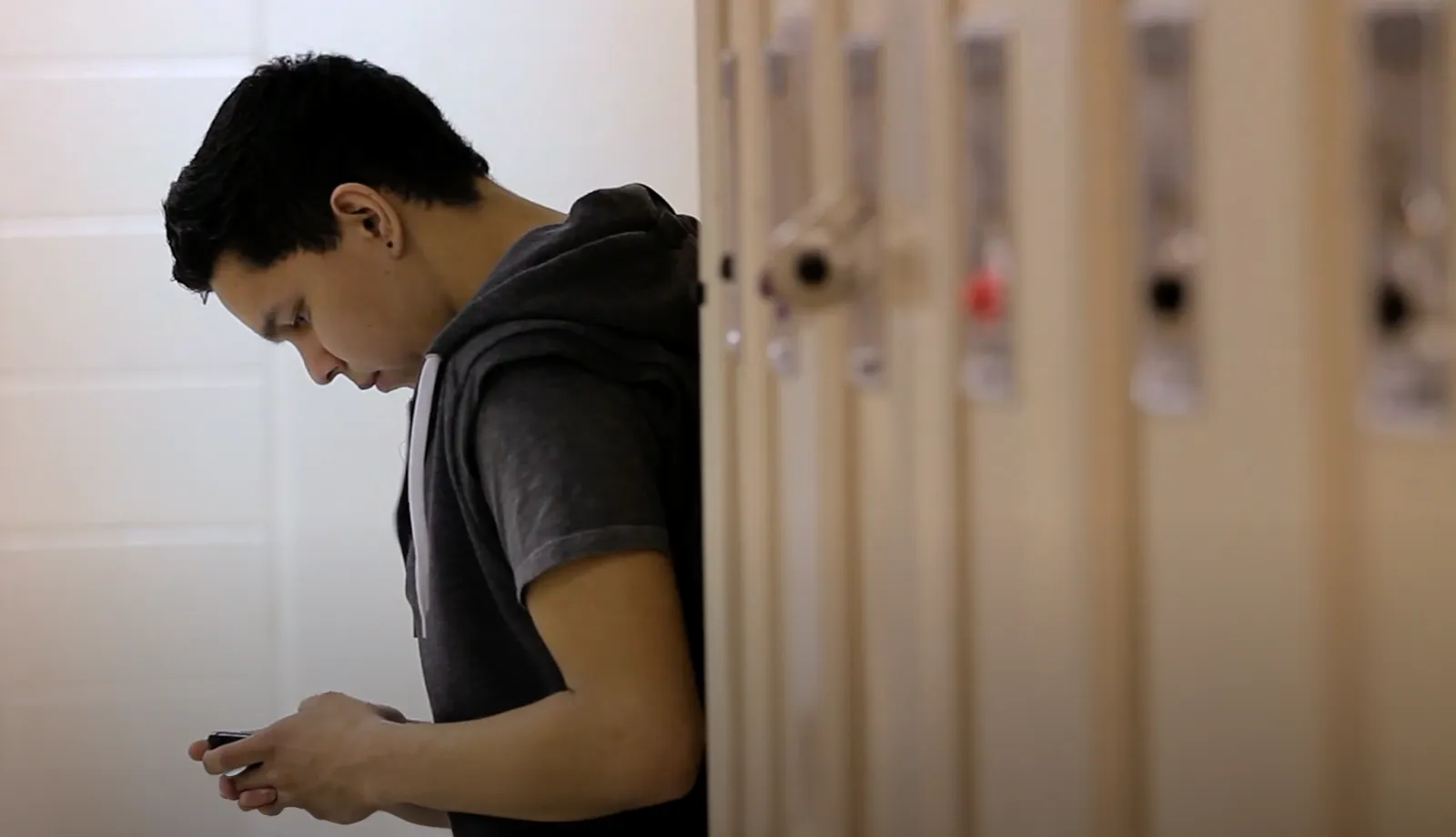4 minutes - Article
Social media can be a great tool for activism, sharing, and making sure Indigenous voices are heard!
Social media can be a great tool for activism, sharing, and making sure Indigenous voices are heard! Using social media creatively and with intentionality to connect and make change is a powerful way to have an impact!
Apply traditional teachings as your guide and be respectful, wise, and cautious when using social media. Remember social media cannot replace one-to-one in person interaction and being part of an in-person community.
Understanding what we see on social media is important because it is very rarely a representation of the whole truth. Social media is a money-making platform, so your views on content and data are what’s being sold to marketers.
Digital safety and understanding social media content go hand in hand. Your data is valuable! Even things like your selfies can be manipulated.
Share Selectively!
Though social media is meant to be fun, there are real consequences to posting sensitive content anywhere online. Posts from years ago have employees fired or investigated at their jobs regularly. Once something is posted online, it doesn't disappear!
It’s hard to avoid posting, but when you do post, avoid sharing information like your location, photos of your face, and anything inappropriate. This can be anything from risky photos to hateful opinions. Make sure that your account is set on private.
Artificial Intelligence (AI) imposters!
Understanding the growing role that AI plays in social media is important. Photoshop has always been a part of social media, manipulating authentic images to be more appealing. But AI can create images that are extremely realistic with no base in reality.
AI Deepfakes are extremely lifelike fake videos of you or anyone else who has shared selfies or videos online, these videos are often used to trick followers of the account once they are shared. Regularly updating unique passwords as well as carrying a skeptical attitude can safeguard you from AI exploitation.
Identity theft is another risk of using social media. Scammers can steal your pictures, name, or personal information to trick and blackmail others. Avoid sharing this information online and keep your social media circles small, only including people you know in real life.
Awareness of social media’s addictiveness is part of having a healthy relationship with it. Missing out on activities is easy when doom scrolling social media. Spending too much time on it can negatively influence self-esteem and create unrealistic expectations. If we are not careful of what we are posting or what information we are consuming it can harm our mental and physical health and interfere with our daily routines.
Actions for Social Media Safety:
- Use a private account, don't share sensitive information, pictures of your face, and risky photos/posts.
- Update your passwords regularly and choose unique passwords with a variety of characters and numbers.
- Have a skeptical approach to everything you view, don’t automatically assume everything is authentic.
- Only accept followers and connect with people you know in real life.
- Set a 2-hour limit for social media use every day and turn off notifications so it isn't a distraction to real life. You can download apps like Opal to help you do this.
